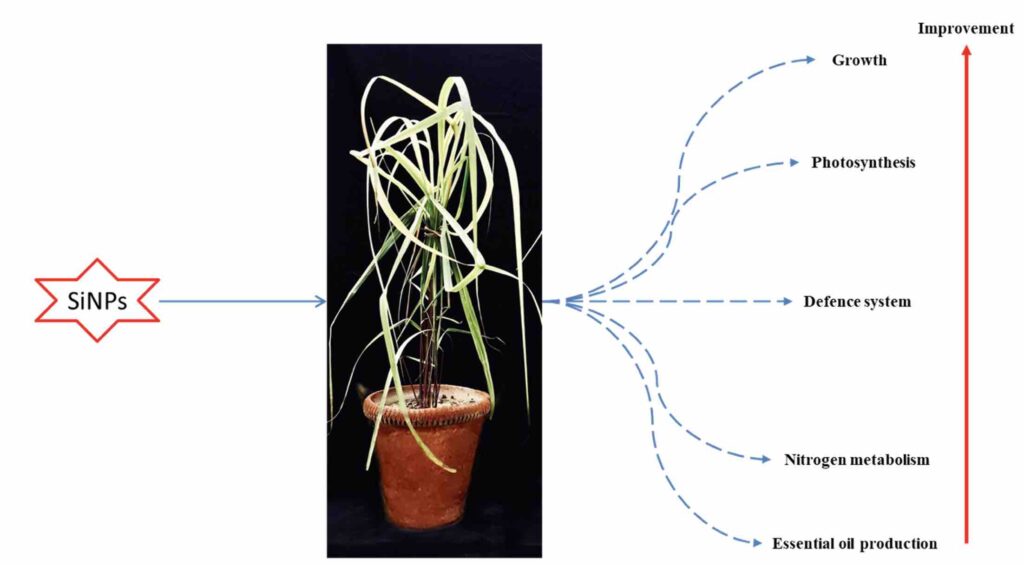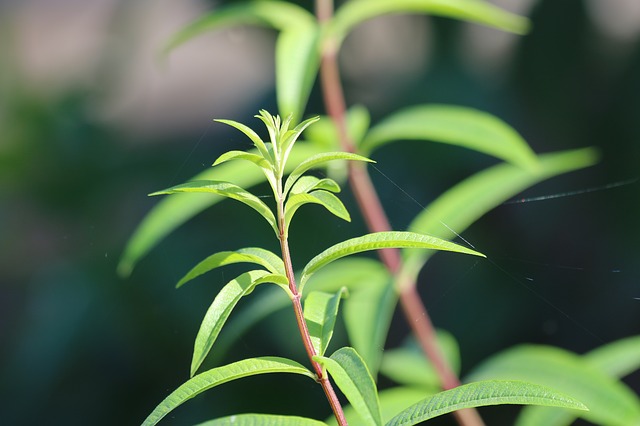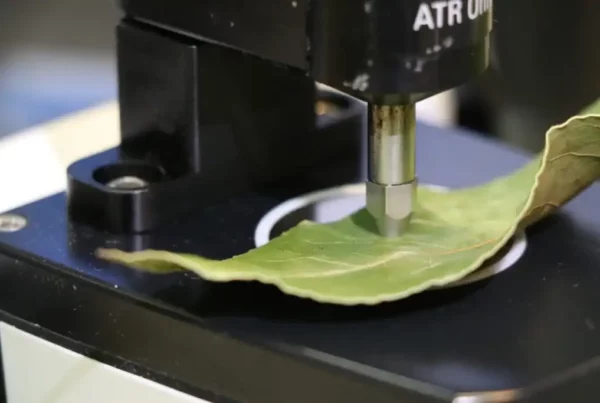Author: Mohammad Mukarram, Researcher at the Technical University in Zvolen, Slovakia.
In the early 20th century, a Japanese scientist, Isenosuke Onodera, during his experimentation with rice plants, discovered that silicon (Si) protects rice against leaf blast, a pathogenic disease. Since then, a tremendous amount of research has been done to explore Si action in plants against drought, waterlogging, salinity, heavy metals, ultra-violet, as well as pathogenic and entomological attacks.
While most studies address Si role in abiotic and biotic stress conditions, one question remains: Can Si be used to improve crop production in the absence of significant stress?

The short answer to the question is a big YES! The study performed by Mukarram et al. (2021) helped to answer that. The research group used leaf sprays of silicon nanoparticles (SiNPs) given they are smaller and thus can penetrate leaves rapidly and easily. This also enables the plant to store a higher amount of Si.
The study reported that SiNPs leaf sprays improved height and biomass in lemongrass plants. The photosynthesis and the gas exchange between the plant and the environment were also improved. Further analyses revealed that SiNPs in fact boosted the plant defence system even in the absence of any meaningful stress. Overall, SiNPs increased lemongrass development and produced more essential oil in the plant.
Read the paper: Mukarram, M., Khan, M.M.A. and Corpas, F.J., 2021. Silicon nanoparticles elicit an increase in lemongrass (Cymbopogon flexuosus (Steud.) Wats) agronomic parameters with a higher essential oil yield. Journal of Hazardous Materials, 412, p.125254. https://doi.org/10.1016/j.jhazmat.2021.125254







